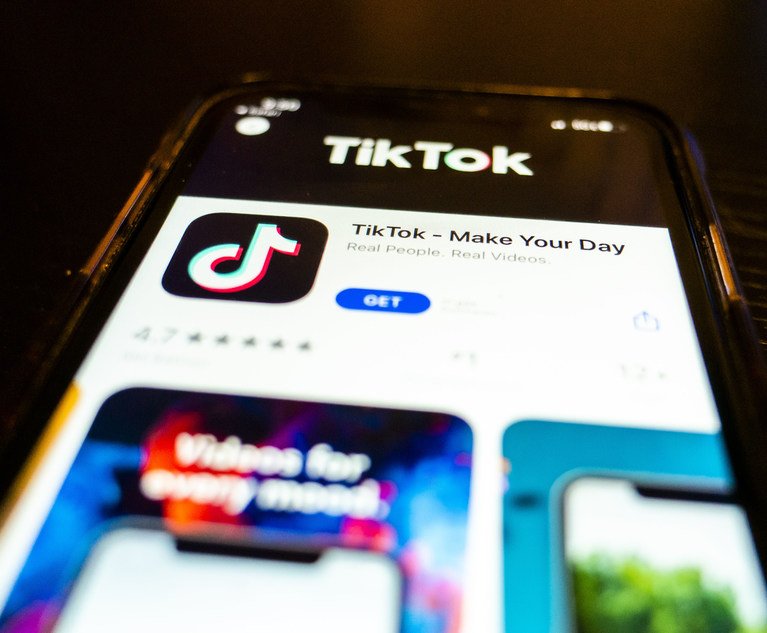TikTok joins list of social media companies sued for privacy violations from third-party data-sharing
In the wake of surging consumer privacy lawsuits alleging the illegal use of tracking pixels by third-party websites to collect personal information, TikTok and its parent company ByteDance are facing accusations that non-TikTok users’ “highly personal information” was intercepted and used by the platform

Another challenge to the widespread practice of data-sharing by social media companies was lodged last week, as TikTok was slapped with a digital privacy class action lawsuit in the U.S. District Court for the Central District of California last week.
In the wake of surging consumer privacy lawsuits alleging the illegal use of tracking pixels by third-party websites to collect personal information, TikTok and its parent company ByteDance are facing accusations that non-TikTok users’ “highly personal information” was intercepted and used by the platform.
Plaintiff Bernadine Griffith filed the putative class complaint under the California Invasion of Privacy Act, the Computer Fraud and Abuse Act, Statutory Larceny, and the California Unfair Competition Law.
According to the complaint, filed by attorneys at Susman Godfrey, Glancy Prognay & Murray, and Bird, Marella, Boxer, Wolpert, Nessim, Drooks, Lincenberg & Rhow, TikTok monitored users’ online activity, even when those users employed privacy settings to block third-party tracking of their web activity.
Then, they reportedly used this personal information without consent and made it available in China, where companies are legally obligated to assist the Chinese Communist Party with intelligence gathering.
“While defendants TikTok Inc. and ByteDance Inc. (as well as nonparty Beijing ByteDance) may have risen to prominence based on the viral videos of adorable puppies and trendy dance moves shared on the TikTok app, they have also become infamous for something far more sinister: invasive and non-consensual harvesting of private user information,” the complaint alleged.
Currently, the U.S. Congress is discussing bills introduced by Sen. Josh Hawley, R-Mo., and Sen. Marco Rubio, R-Fla., that would ban TikTok nationwide for what Wisconsin Rep. Mike Gallagher described as “digital fentanyl” spread by the Chinese-owned app.
Griffith’s complaint claimed that TikTok has installed “TikTok SDK” on third-party websites, which is marketed as an “enterprise solution” for websites to identify users and deliver targeted ads.
Therefore, the complaint stated, those who have never even used the TikTok application can be subject to having their private information gathered and sold, “while U.S. residents browse completely unrelated websites to watch their favorite television show, search for medical information, or purchase a birthday gift for their children.”
According to the complaint, however, a ban would not solve the problem of interception and sale of consumers’ private data from third-party websites, an issue that has come under increasing scrutiny in the form of class actions in recent months.
In March, a federal judge in Georgia denied PBS and Facebook’s attempts to dismiss a VPPA lawsuit filed by a plaintiff, alleging that the two companies coordinated an effort to collect her online activity, using it to aide in Facebook’s targeted advertising.
Social media platforms like Facebook and TikTok use “tracking pixels” to collect viewing history and personal identifiable information. Baker Donelson attorneys Aldo M. Leiva and Alexander F. Koskey recently explained in a March 17 Daily Business Review article that the spike in data sharing lawsuits presents “a significant risk to a wide variety of companies,” who face potential liability for using now common methods of digital data collection.
Counsel for the defendants at ByteDance and TikTok have not appeared. Principal Ekwan E. Rhow at Bird, Marella, Boxer, Wolpert, Nessim, Drooks, Lincenberg & Rhow, could not immediately be reached for comment.


